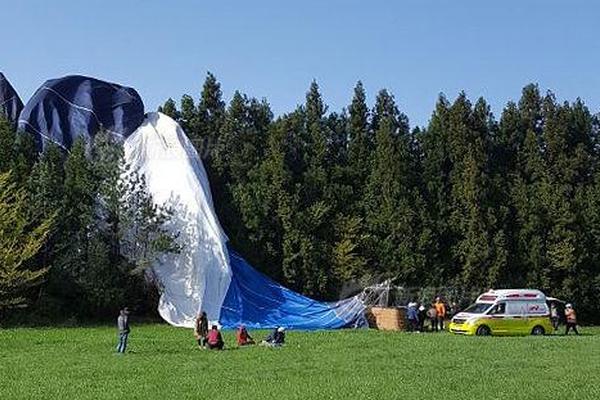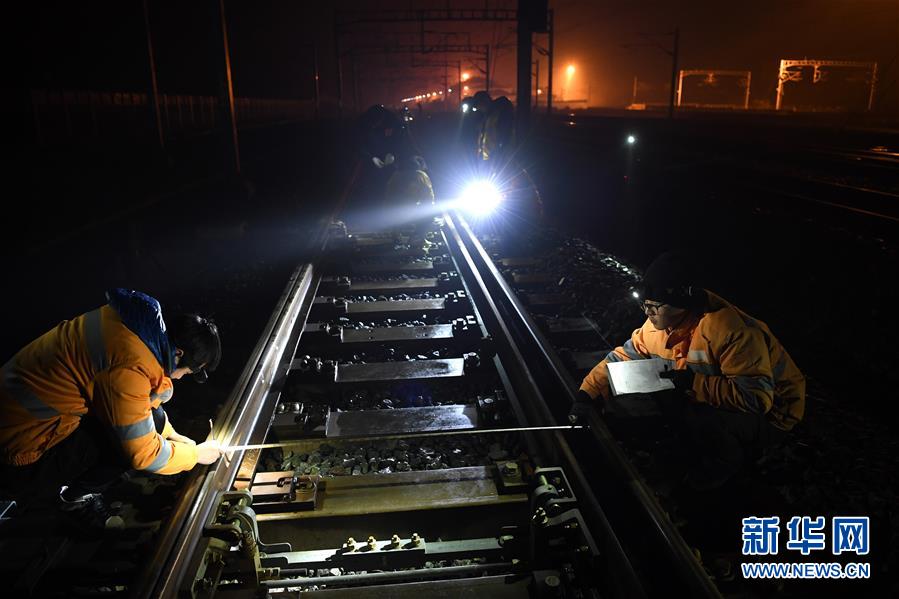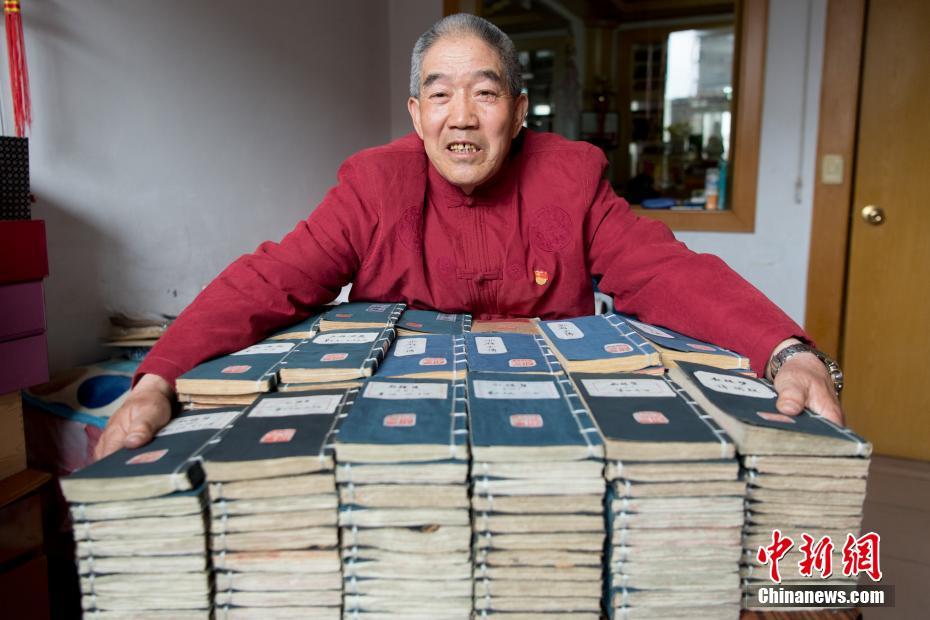Remember the Potemkin
Memories of Odessa View of the Potemkin Stairs, Odessa, Ukraine. | Oleksandr Malyon
View of the Potemkin Stairs, Odessa, Ukraine. | Oleksandr Malyon o
r
d
F
a
c
t
o
r
y
A couple years ago, when I told people that I had recently spent a month in Odessa, they thought I meant Texas.
In fact, in February 2019, I rented a small apartment at 6 Katajeva Lane in Odessa, Ukraine. It was about a kilometer south of the part of city that feels a bit like Paris because Odessa was designed by a Frenchman.
I was dropped off on Katajeva Lane on a foggy night. The street had a noirish, Jack the Ripper kind of vibe, and as with many apartment buildings in this part of the world, the entrance to my building was like a blast door, large and heavy and industrial. A small cat lived in a foyer that was similarly factory-like. Residents had set out a cardboard box and a dirty blanket—I supposed it to be the cat’s job to hunt mice and rats. Within a day or two, I began letting the little guy into my apartment at night. We established a routine. I worked in the morning and then went out into the city in the afternoon. My temporary cat did too. We reconvened at sundown.
I had come to Odessa to begin writing a book. The book had nothing to do with Odessa or Ukraine, and I chose the city for a private retreat because of the Odessa Steps. The Odessa Steps are a long outdoor cascade of a staircase, leading down from the elevated city to the Black Sea. They are famous for the role they play in Sergei Eisenstein’s The Battleship Potemkin, which tells a bit of history that may be on the brink of repeating.
The Battleship Potemkin is a dramatization of a 1905 mutiny in the Russian imperial navy. A Ukrainian sailor sparks a rebellion over rotten meat rations. He is killed, but the ship is taken over, and Odessites come to the mutineers’ defense. The scene set on the Odessa Steps—and filmed on location—is a massacre of civilians by Tsarist troops. The sequence is famous in the history of filmmaking for the techniques Eisenstein innovated to distend time and heighten drama. Every extended action scene in film today owes a debt to The Battleship Potemkin, and absolutely no one can put a baby carriage in a movie—the sequence features a pram tumbling perilously down the stairs—without appearing to cite Eisenstein.
The film ends much as we’d all like to see the current war in Ukraine end: Russian troops refuse to fire on the Potemkin as it sails bravely out to confront an entire fleet. The civilians and mutineers win the day. The Potemkin looms in Russian history much as the Maine and the Alamo do in American history.
The morning after I arrived in Odessa, I learned that my apartment was very close to the Trade Unions House, which played a role in the city’s most recent crisis. In 2014, so-called “l(fā)ittle green men”—covert Russian military operatives—staged uprisings in Odessa as Putin seized the Crimean Peninsula, a hundred miles away. Again, Odessites took to the streets to defend their city. More than forty pro-Russian activists were killed in a fire that broke out in the Trade Unions House. The city experienced violent clashes for the remainder of the year, and facts about the loyalties of those who were killed, or even who they were, are hard to come by. Bottom line, Odessa, like Kyiv—which would enshrine the “Heavenly Hundred,” 107 Ukrainian civilians killed in protests at the capital, also in 2014—remained part of Ukraine.
The city’s beaches have been mined, and the populace—including children—are at work filling sandbags and constructing tank-stopping hedgehogs.
As a southern port city, Odessa is basically New Orleans. Odessites have a municipal identity that may be stronger than their national identity, and the town has a cosmopolitan, libertine reputation. Traditional gender roles predominate in this part of the world, but there were gay bars in Odessa, and barber shops were not just barber shops: the ninety minutes I spent in a chair at a male-only hairdresser in Odessa stands out in my memory as less a grooming session than an intimate encounter.
I spent the afternoons at lovely coffee shops—at least until I stumbled across an absolute dream of a pastry shop. I ate, once, at a place called American ‘50s Diner, full of chrome, linoleum, and posters of Elvis and Marilyn. I wandered through an arcade like the ones Walter Benjamin wrote about, and I regularly passed a small statue honoring the hero of Ilf and Petrov’s The Twelve Chairs, which is the Soviet version of The Music Man (Mel Brooks once made a film based on The Twelve Chairs). There is a small Jewish museum in Odessa, and it was here that I learned—for the first time, I am ashamed to say—of the Holodomor Holocaust. Again, numbers are difficult to confirm, but conservative estimates blame Stalin for four million Ukrainian deaths by starvation in 1932-1933. This is hardly the first time Ukrainians have suffered at the hand of a Russian dictator.
I met a man named Klim, who owned a leather shop where I bought a perfect pair of gloves. Klim and I bonded over a couple games of chess. One night, just before I was to leave Odessa, he took me away from my solitary work schedule to show me Odessa’s night life. There is an absinthe bar called Zelda in Odessa, and a strip club called Gatsby’s. Again like New Orleans, there are many strip clubs in Odessa.
Klim seemed to know everyone. In two successive bars, he spoke to the lead singer of the bands performing live and arranged to sit in as a vocalist for a song before we moved on.
I’ve lost touch with Klim, but his former girlfriend—she worked in one of the strip clubs—says he has now left Ukraine. So far, she told me, Odessa has remained untouched apart from a few missile strikes. Nevertheless, the city’s beaches have been mined, and the populace—including children—are at work filling sandbags and constructing tank-stopping hedgehogs. The scene around the Odessa opera house has been likened to a set from a WWII film.
The opera house stands at the top of the Odessa Steps.
I visited Odessa at a time when most Americans were more likely to call the country “The Ukraine,” as though it were “The Orient,” a place of aliens and heathens. The immediate association most Americans make with Ukraine is likely the board game Risk. Truth be told, in the game—and this may be the extent of Putin’s strategy, too—it’s a country you really need to control if you’re going to go for either Europe or Asia. Absolute ignorance of Ukraine may finally be changing now. It’s heartening to see Americans warming to a country that has been fighting, and dying, for freedom for a long time. However, it remains to be seen whether awareness of Ukraine as an actual nation—a democracy desperate to join NATO or the EU—will arrive only after it has lost its sovereignty.
The most baffling part of Russia’s unprovoked invasion is Putin. Did Putin really believe Trump was going to pull the United States out of the UN? Did he not recognize that the Trump political brand is based on wild plans intended only to agitate voters? The whole episode appears to reveal that Putin, a supposed spymaster and propagandist, gobbled up a facile PR campaign as though it were a legitimate geopolitical plan.
In 1950, at the outset of the Korean War, Saturday Evening Post far-east correspondent Demaree Bess described the similarities of the regimes of Hitler and Stalin, with an important caveat: Hitler was driven by mysticism and intuition, while Stalin was characterized by cold-blooded calculation. Nationality aside, Putin now more closely resembles the former than the latter. His dramatic miscalculation has created not only a new international figure (or perhaps martyr) in Ukrainian president Volodymyr Zelensky, he has ensured that his own ongoing legacy will be that of a backward-looking buffoon, a toady to a failed American president, a tiny, pale, limp figure that Russians will not tolerate for long because they remember the Potemkin.
I left Odessa in early March 2019. The city was at peace, but my temporary cat had already disappeared.



















